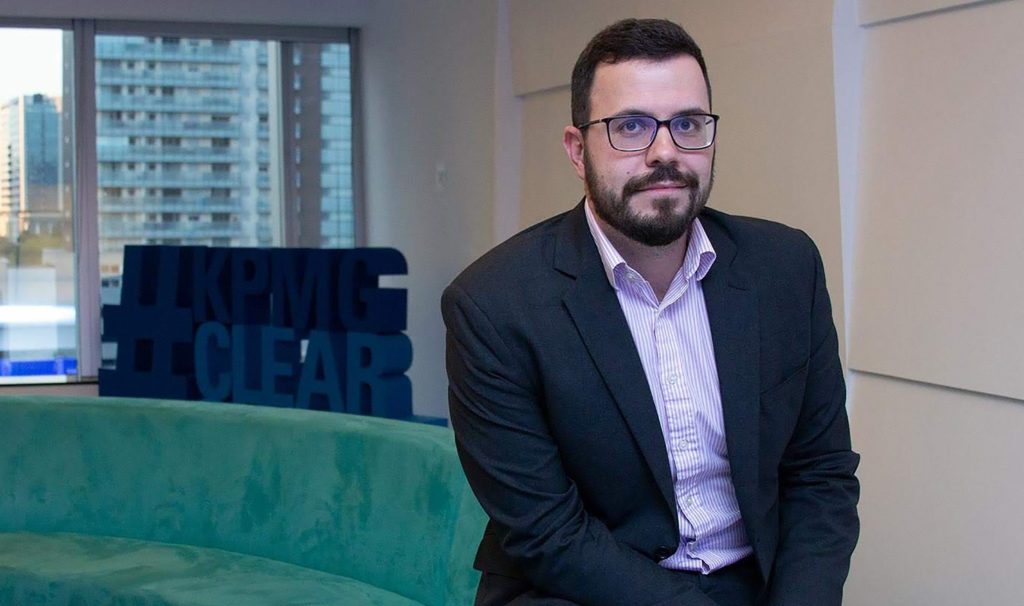By Francisco Clemente*
Even in the pandemic, as one can see in several industries, activities and multilateral relations, there is a potential to increase investments and trade between Brazil and the Arab nations, whose total population reaches 424 million residents. Business with the bloc, which is our third largest commercial partner, just behind China and the United States, can grow even further.
To better understand these opportunities, it is important that we look at trade data and think strategically. In 2020, Brazil posted a USD 6.1 billion surplus in its trade with the 22 Arab nations, up 16% from 2019. Our exports – consisting mainly of meats, sugar, and iron ore – reached USD 11.4 billion. Imports – particularly of oil, fertilizers, and phosphate minerals – reached USD 5.3 billion.
Brazil has also stepped up by 26% its exports to the Arab countries year to date through October, as per data compiled by the Arab Brazilian Chamber of Commerce (ABCC), with revenue from sales at USD 11.5 billion, up from USD 9.1 billion one year ago. By 2025 our sales could reach up to USD 20 billion. Furthermore, there is a potential for investment as the pandemic has underscored the significance of Brazil for food security. In addition to food exports, there is opportunity for investment in activities that facilitate trade such as creating a shipping lane between Brazil and the 22 nations.
This would also increase exports of other goods by using spaces in ships of this future exclusive lane. The Arabs are interested in infrastructure concessions that facilitate access to foods, and the Arab world has USD 2.3 trillion available in sovereign funds, which account for 40% of the global total. These resources could be tapped into to fund startups, sustainable initiatives, and projects for food security, a constant concern of the bloc.
Some figures help to show the relevance of the global halal market, which is projected to jump from USD 4.88 trillion in 2019 to USD 5.74 trillion in 2024, an estimated growth of 18%. In more detail, by 2024 the following industries are expected to reach these growths from 2019: fashion (12%, to USD 31 billion); medicines (12%, to USD 105 billion); tourism (7%, to USD 208 billion); media and recreation (22%, to USD 270 billion); foods and beverages (18%, to USD 1.38 trillion); cosmetics (15%, to USD $ 76 billion); and Islamic finance (28%, to USD 3,69 trillion).
An example is halal poultry made in Brazilian slaughterhouses in compliance with the Islamic traditions. Brazil is the world’s largest poultry exporter, and sales could potentially grow even further. The Arab sovereign funds are interested in production activities, too, and according to the ABCC, strategic production projects are welcomed in assessing investments.
The Arabs have even more significant opportunities of direct investments in Brazil, not only in infrastructure and transports but in industrial production and agriculture, too. Thee need for quickly incorporating technologies and the advent of 5G open wide fronts for investment opportunities. The New Sanitation Legal Framework and ESG-based initiatives of enterprises also contribute to a more mature business environment.
Another possibility is the sports market, with football as a favorable landscape for attracting Arab capital with the Law 14.193/2021 that has recently came into force establishing Anonymous Society of Football (ASF and creating legal conditions for clubs to become companies. The anonymous society brings more governance and management, both elements that make investments safer. In addition to providing a legal framework for investors, this law contributes to renegotiating debts and improving governance.
An important factor to increase trade, business and investments with Arabs is knowing their reality and culture, starting with the strong presence of descendants in Brazil. They are 11.6 million, accounting for 6% of the country’s population, according to the 2020 Census, an outstanding community in the country’s life. The harmonious and fraternal coexistence with mutual understanding can continue to contribute to the furthering the economy, doing business together and developing new opportunities.
*Francisco Clemente is the head of the Middle East Desk at KPMG in Brazil
Translated by Guilherme Miranda




